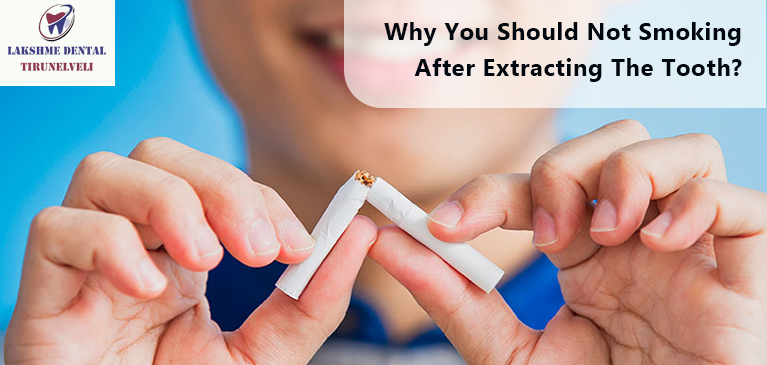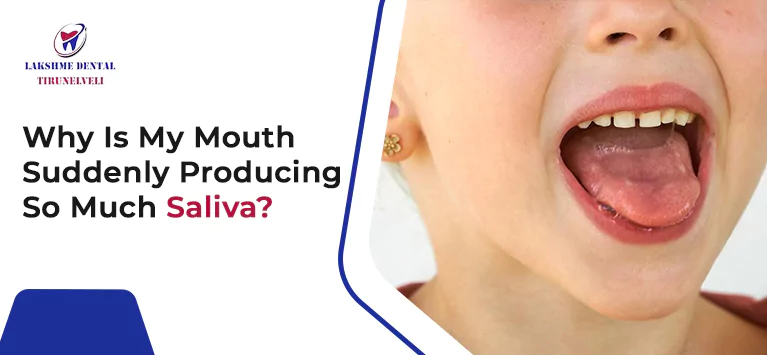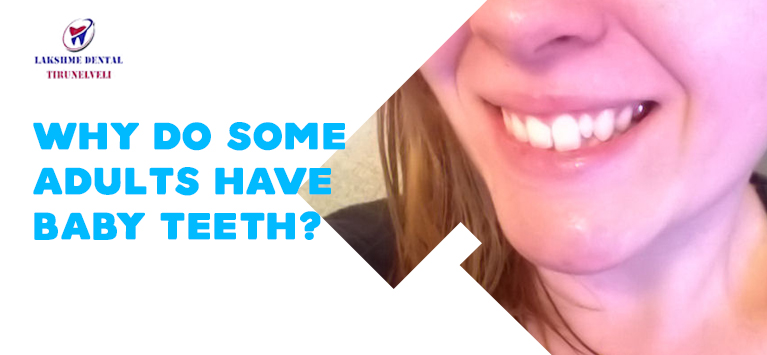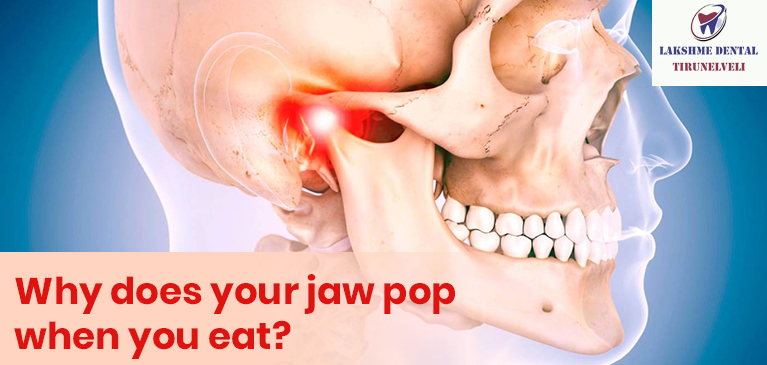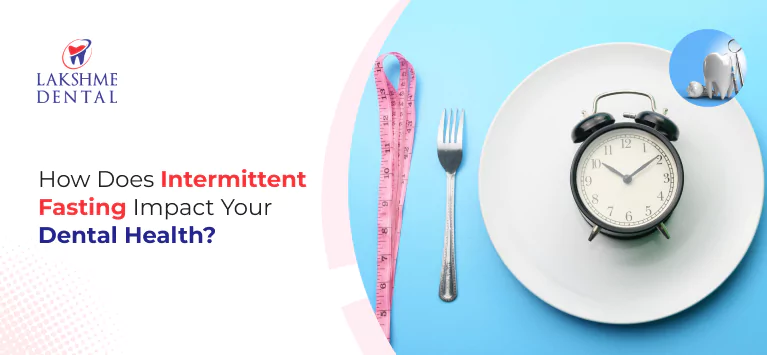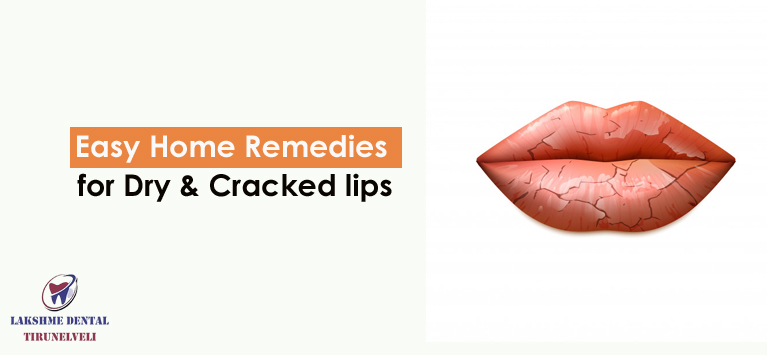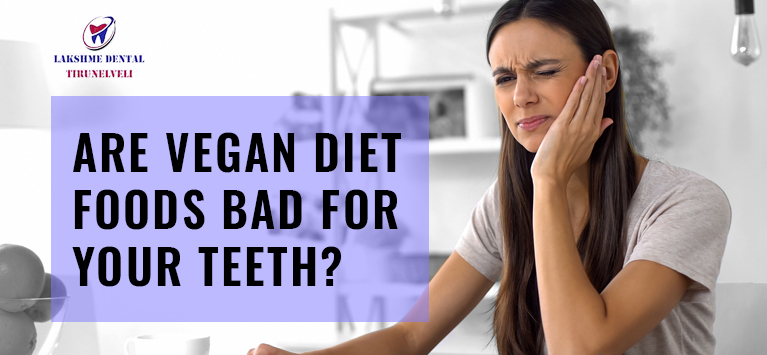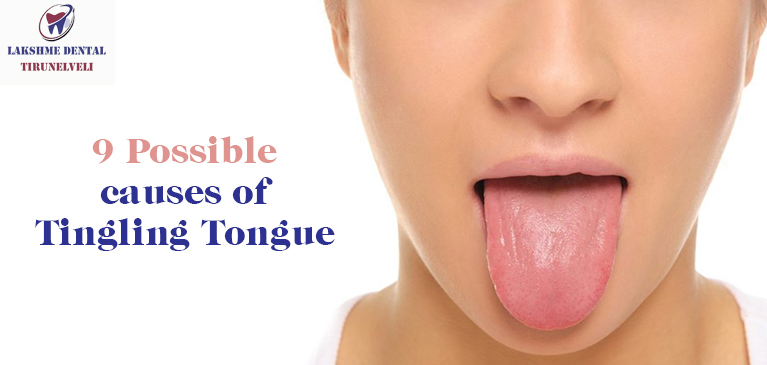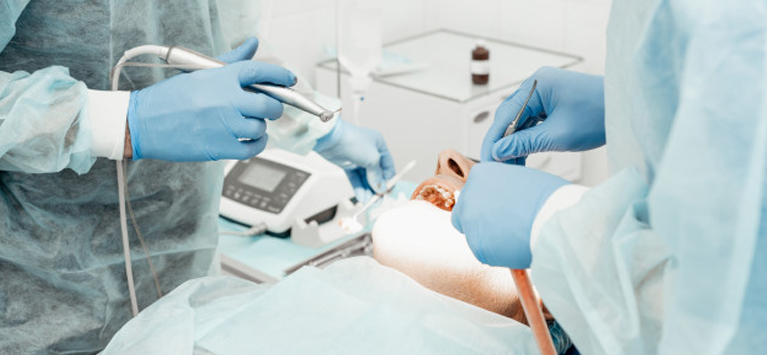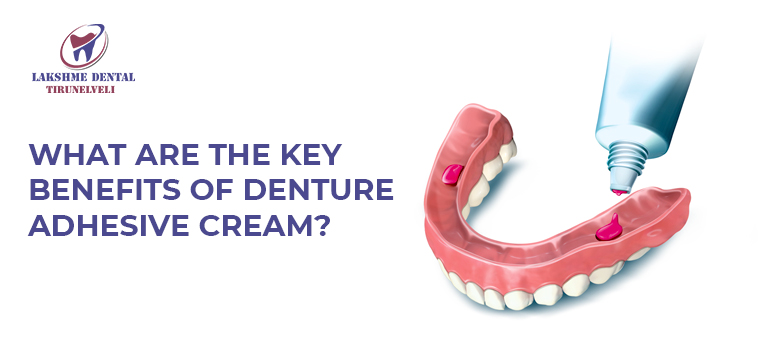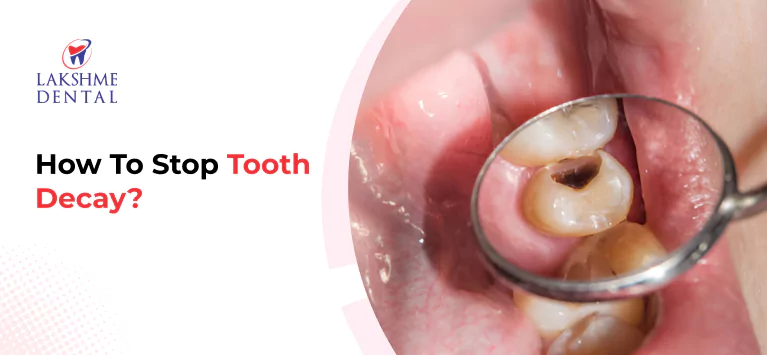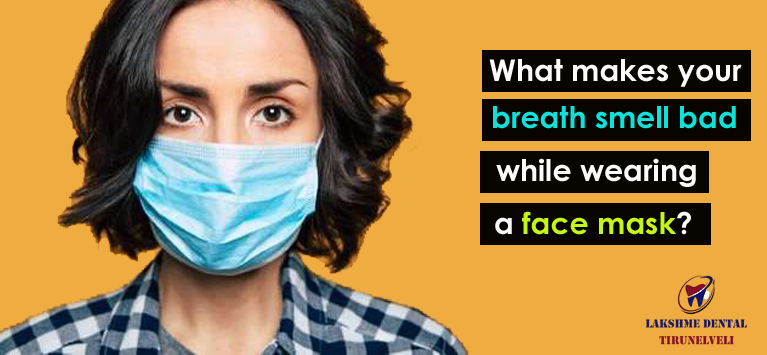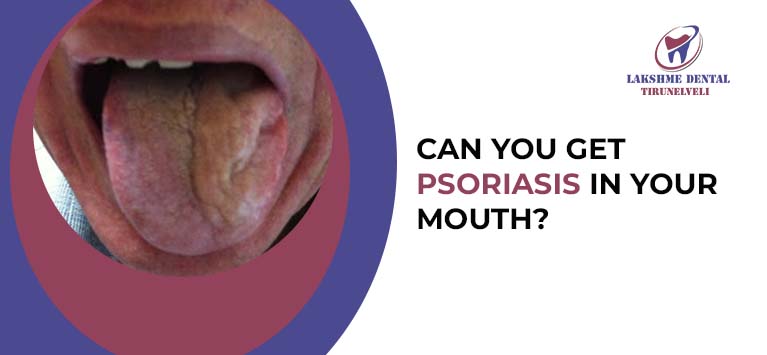
Can You Get Psoriasis in Your Mouth?
Psoriasis – The non-contagious, autoimmune condition causes systemic inflammation and provokes itchy patches on the skin. You might see some people have dry, thick, scaly red patches on their scalps, knees, and elbows. It is rather common to get such skin flare-ups due to psoriasis.
Conversely, such patches appear inside the mouth on rare occasions. This condition is called oral psoriasis. Keep reading to learn more if you are amazed and shocked that you can have psoriasis in your mouth.
How does oral psoriasis occur?
Researchers discovered that patients with psoriasis are also likely to develop symptoms in their mouths. Luckily, it happens at lower rates.
The exact cause of oral psoriasis is not yet identified. Dentists believe that if immune cells attack the healthy cells in our oral cavity, causing oral psoriasis to happen. Oral psoriasis is also likely to be brought on by an excessive accumulation of dead skin cells inside the mouth.
The chronic, inflammatory skin condition that causes itchy patches inside the mouth can also be triggered by various factors like genes and diseases. The risk factors of oral psoriasis include:
- Obesity
- Diabetes
- Cardiovascular disease
- Psoriatic Arthritis
- High triglycerides
- Smoking
- Wearing defective dentures
Whatever the underlying cause, psoriasis appears in different parts of the mouth. However, it is commonly observed on the lips, cheeks, tongue, and corners of the mouth compared to other oral tissues like gums.
What are the signs and symptoms of oral psoriasis?
Each person’s oral psoriasis manifests differently. The most common signs with which psoriasis inside the mouth is identified include:
- Small, white-colored bumps filled with pus
- White-colored scaly lesions inside the cheeks
- Plaque that seems to be red and white
- Soreness inside the mouth
- Gums’ skin starts to peel
- Altered taste sensation
- Burning or tingling sensation around the lips
- Small furrows on the tongue surfaces (Fissured Tongue)
It is quite hard to tell if a person has oral psoriasis. It is because various dental dilemmas mimic the psoriasis signs, such as silvery scales and reddish spots on oral tissues. For instance, geographic tongue causes map-like patterns on the tongue surfaces. Its manifestation is often confused with candidiasis of the tongue.
It implies that you cannot determine whether the dark spot’s underlying cause is psoriasis, candida infection, or geographic tongue without a dentist’s help. Right?
Hence we advise you to consult your dentist once you notice any abnormal changes in your oral cavity.
How do dentists detect and treat psoriasis in the mouth?
To ascertain whether the patches are caused by psoriasis or other conditions, dentists take a look at the patient’s medical history, perform genetic tests and do a microscopic evaluation of the skin inside the mouth.
Oral Psoriasis causes minimal discomfort and disappears in a few days. Hence it does not require treatment, but dental doctors prescribe some remedies to ease the annoyances of psoriasis inside the mouth. Here are a few:
- Take prescribed anti-inflammatory oral medications
- Apply topical steroid creams on sores inside the mouth
- Do salt water rinse
- Break the habit of smoking
- Avoid acidic foods, snacks, and even drinks
How can you prevent developing oral psoriasis?
As discussed earlier, rare cases of oral psoriasis exist. However, some people are more likely to acquire oral psoriasis if they already have the skin condition. It implies that you should avoid the things that cause skin flare-ups if you want to prevent oral psoriasis. The oral psoriasis preventative tips skin specialists recommend are as follows:
- Don’t do oral piercings
- Quit smoking and alcohol consumption
- Maintain healthy weight
- Don’t neglect any skin juries
- Manage stress
- Follow an effective oral hygiene regimen
Bottom line
Developing psoriasis inside our mouths is not new, but it is less prevalent, unlike psoriasis on the skin.
Depending on the impact on the skin, psoriasis is classified into five types- Plaque Psoriasis (itchy and inflamed skin), Guttate Psoriasis (reddish spots on the skin), Inverse Psoriasis (deep-red skin), Pustular Psoriasis (pus-filled bumps), Erythrodermic Psoriasis (shedding of skin layers). It is found that Pustular and Erythrodermic Psoriasis are linked to oral psoriasis.
Luckily, oral or intraoral psoriasis does not cause any permanent damage to the victim’s oral cavity. Except the mild discomforts, the itchy patches are harmless in most cases. The medications used to treat regular psoriasis are also effective in treating oral psoriasis.
Want to know more about this problem? Leave your comment here, and you will get a response from our dentists soon.

